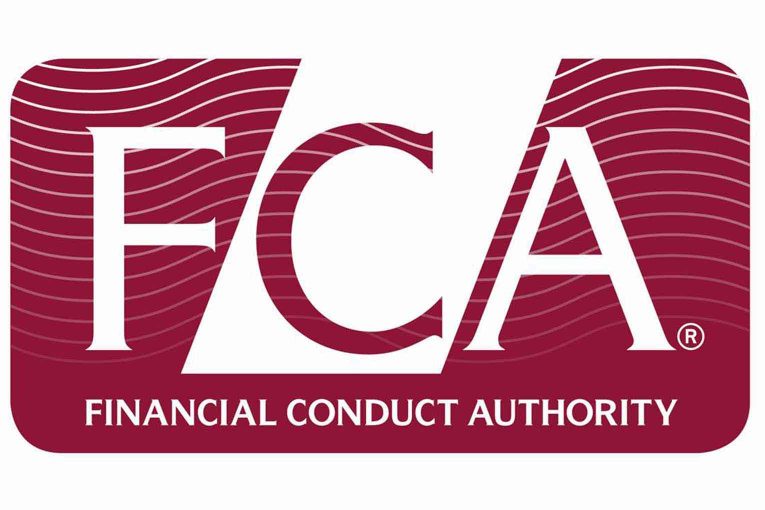The Financial Conduct Authority (FCA) is to use new powers to more swiftly cancel or change what regulated activities firms are permitted to do, these are known as permissions.
This new power is available following a change in the law allowing the FCA to streamline and shorten the removals process. The FCA will provide a firm with two warnings if it believes it is not using its regulatory permission. The FCA will then be able to cancel the permission, or change it, 28 days after the first warning if the firm has not taken appropriate action.
The regulator claims this will strengthen consumer protection by reducing the risk of consumers misunderstanding or being misled about their exposure to financial risk and how much consumer protection they have. For example, believing unregulated activities are covered by the Financial Services Compensation Scheme when they are not.
The new expedited process will also allow the FCA to act quickly when cancelling a firm’s permission when it is no longer required and to swiftly respond to inappropriate uses of permission. For example, when a permission is being wrongfully used to market high risk products that are not regulated by the FCA.
Where a firm fails to pay its regulatory fees, submit returns or complete annual declarations, the FCA may view these as indicators of a lack of regulated activity which may lead to permission being removed through use of this new power.
The new power also supports the FCA’s existing ‘use it or lose it’ initiative, which has seen the FCA carry out 1,090 assessments since May 2021 to see whether firms are undertaking the financial activity for which they have permission. This has resulted in 264 firms applying to voluntarily cancel, and a further 47 to modify, their permission to carry out regulated activities.
Mark Steward, executive director of enforcement and market oversight at the FCA, said: “Businesses with permissions they don’t need or use, risk misleading consumers. These new powers will enable us to take quicker action to cancel permissions that are not used or needed.
“Firms should regularly review their permissions, ensure they are correct, and they are acting in accordance with them. If they are not needed or used, they should seek to cancel them.”



